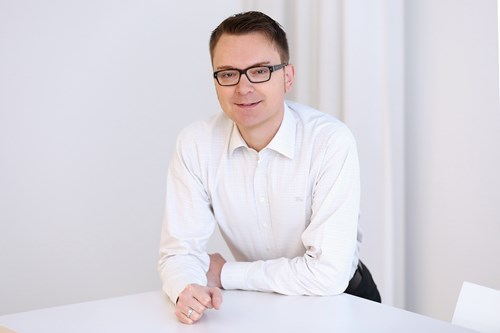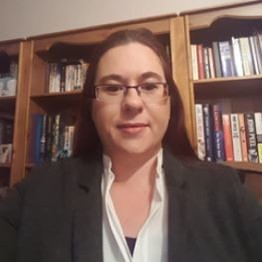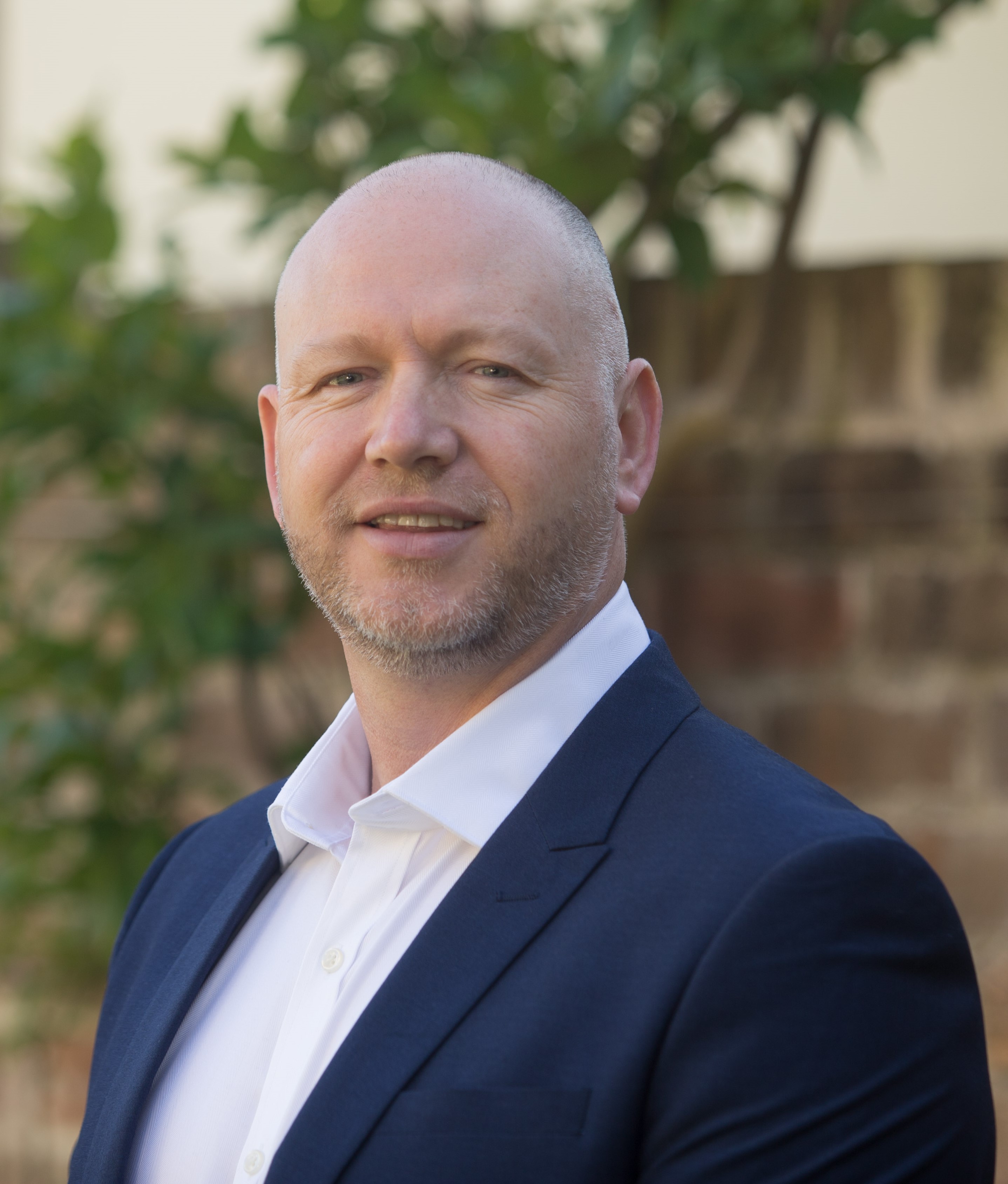Dr Daniel Imhof CMIRM, Head of TechOps Portfolio Management, Roche
Dr Daniel Imhof CMIRM
Head of TechOps Portfolio Management
Roche
Switzerland
How did you get your job?
I come from the South of Switzerland. Although well-known to tourists with its famous mountains (Matterhorn and others) the canton of Valais is exposed to plenty of natural and man-made hazards. Earlier this year for instance we had instances of very heavy snowfall, which completely isolated some villages (including Zermatt which at the time was full of tourists). This exposure to hazards drove me into a career in risk management. I went through different stages from starting with technical risk analysis for Swiss Railways to later become Risk Director at one of the biggest pharmaceutical companies (Roche, market cap: 112 billion GBP).
Today I am leading the portfolio management function in the Global Technical Operations department of Roche. In this role I am responsible for the risk portfolio, but also the project portfolio of all the big strategic initiatives as well as the capital investments.
What’s a typical day like as a Head of TechOps Portfolio Management?
As Head of TechOps Portfolio Management I ensure the prioritisation of transformational projects and align sustainable initiatives in collaboration with all TechOps functions. I also lead, administer, motivate, manage performance and develop a team of 16 people, consisting of Key Account Managers and a services organisation. By having risk management and project portfolio management together, I can ensure alignment of project portfolio management processes of business and CAPEX projects, as well as risk management processes and foster synergies.
What do you enjoy most about your job?
It definitely is the interactions with very diverse people. As Risk Manager I had to learn to adapt myself to different types of people and different cultures. Today this is really the stimulating part which helps me question the status quo, evolve and integrate new ideas. At the same time by tailoring the approach to my customers I can be sure to get my results.
What are the challenges?
Big companies have long decision processes and even if you have the best processes in place there is always exceptions being made. For instance although we have a sound project prioritisation process in place, often projects are pushed by management even if their case is not so strong. My job is then to have a very solid and backed up fact-base which should influence decision-making at leadership level.
Why did you want to go through the Senior Executive Route?
For years I wanted to become a certified member of the Institute of Risk Management. In my team all Risk Managers had to go through at least the International Certificate, because I believe this is the most comprehensive education you can get for Enterprise Risk Management. Unfortunately I did never manage to do it myself because I was just lacking time. When I read about the SER I thought this is the perfect opportunity for me. I have been working in Risk Management for more than 13 years and with time acquired a lot of experience. So I felt quite comfortable embarking on this process.
How did you find the process?
Most of the effort needed for the application goes into clearly describing your achievements in the application form, which focuses not only on responsibilities, experience, lessons learnt and insights but also on organisational capabilities. As space is limited you have to choose the parts of your career which are really relevant for the application. It certainly helped me to consolidate my own business case as I had to pick the best elements to represent myself and formulate them concisely.
In what way are your IRM qualifications relevant?
They confirm that you have a clear understanding of Enterprise Risk Management. You speak the same language as other ERM specialists and know the dos and don'ts. It is certainly a recognition of your capabilities in the Risk Management field. For my team originally I started to hire people with a risk management background. Then I realised it is far more effective and easier to teach someone with pharma business experience about risk management than trying to get a Risk Manager up to speed in the pharma industry. This is why I needed a comprehensive and well-structured education for my Risk Team. This I found in the IRM offerings.
What would you say to others thinking about joining IRM as a member?
I would highly recommend becoming an IRM member, not only because of the accreditation which is recognised across the globe. It is also because of the best practice sharing and the networking with very bright people. As a Risk Manager joining the IRM is almost a must.
How has your role developed and what are your career ambitions? Has being linked to the IRM helped?
When I was Risk Director at Roche I pushed to really change ERM from being purely regulation-driven to something which is essential for a business to achieve its objectives. In addition to reporting and discussing risks with senior management I transformed the group risk function into internal risk consulting: challenging, advising, helping and encouraging our internal customers to take risk and robustly manage them. This of course meant I had to have people in my team with a lot of business knowledge and at the same time excellent social skills. Luckily I managed to have a very good team in these areas.
Top tips:
1. Brainstorm with yourself on everything risk-related you have done so far.
2. Cluster your capabilities according to the competencies required by the IRM for certification
3. Enjoy the interview! Of course the interviewers want to hear from you, but there is also plenty you can learn from the interviewers which help you getting even better in what you do.
Finally, as a Board member of the IRM's Swiss Regional Group I am striving to increase the standards of ERM in Switzerland. We are organising events with high profile speakers, typically followed by plenty of time to exchange with our peers. I am particularly looking forward to the 27 November event in Basel, focused on Life Sciences and taking place in the highest building of Switzerland (Roche Building 1) - details will follow on the Regional Group page soon.






